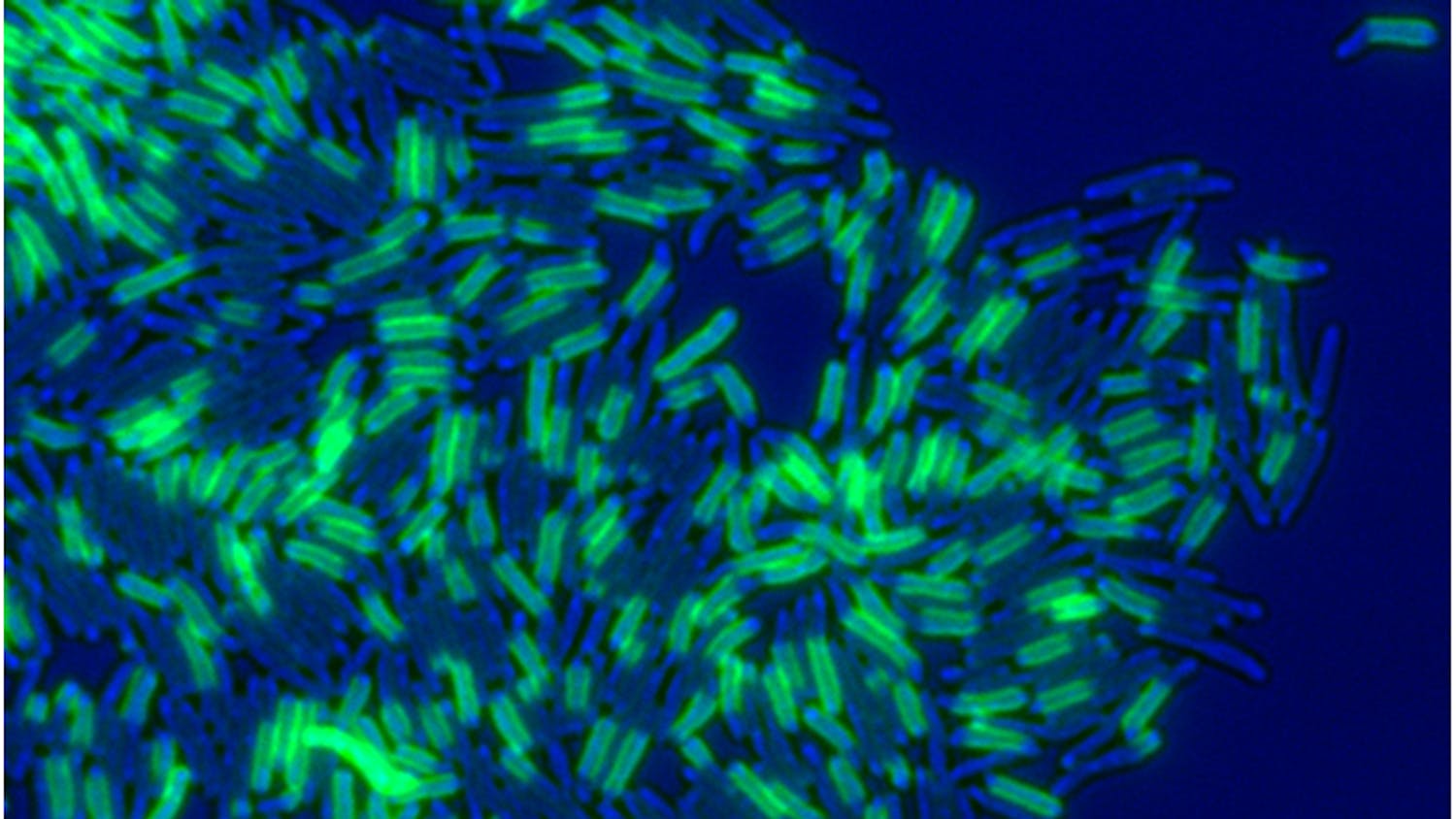Researchers at Boston Children’s Hospital have developed an antibody capable of neutralizing all known SARS-CoV-2 variants in pre-clinical assessments, according to an August pre-print. The study published within Science Immunology, presents a potential solution to future variants of concern, as this is the first effective antibody that neutralizes all major variants through the recent Omicron BA.5 variant.
The authors of the study developed the antibody by utilizing modified mice models since mice have immune systems that function very similarly to those of humans. The researchers introduced two human gene segments into the mice and then exposed them to the SARS-CoV-2 spike protein from the original Wuhan-Hu-1 strain. The mice soon developed many types of antibodies to bind to the spike. After evaluating the antibodies with collaborators from Duke University, the researchers identified one particular antibody, SP1-77, that demonstrated these far-reaching neutralizing abilities.
Unlike other antibodies that evade infection by preventing SARS-CoV-2 from binding to certain cell receptors, SP1-77 allows this initial binding to occur and it interferes at a later step. After binding, the virus fuses its outer membrane to the cell’s membrane, setting the stage for infection. It is here where SP1-77 steps in, blocking this fusion from occurring. In order to do this, SP1-77 binds to the spike protein at a site that has not been mutated by any variants, which is likely what enables it to neutralize all known variants.
The researchers have submitted patents for the antibody and mouse model in hopes of developing therapies that utilize the antibodies. However, they are still many steps away from producing vaccines that employ their findings, as doing so requires the development of technology that would elicit this same antibody response in humans.






